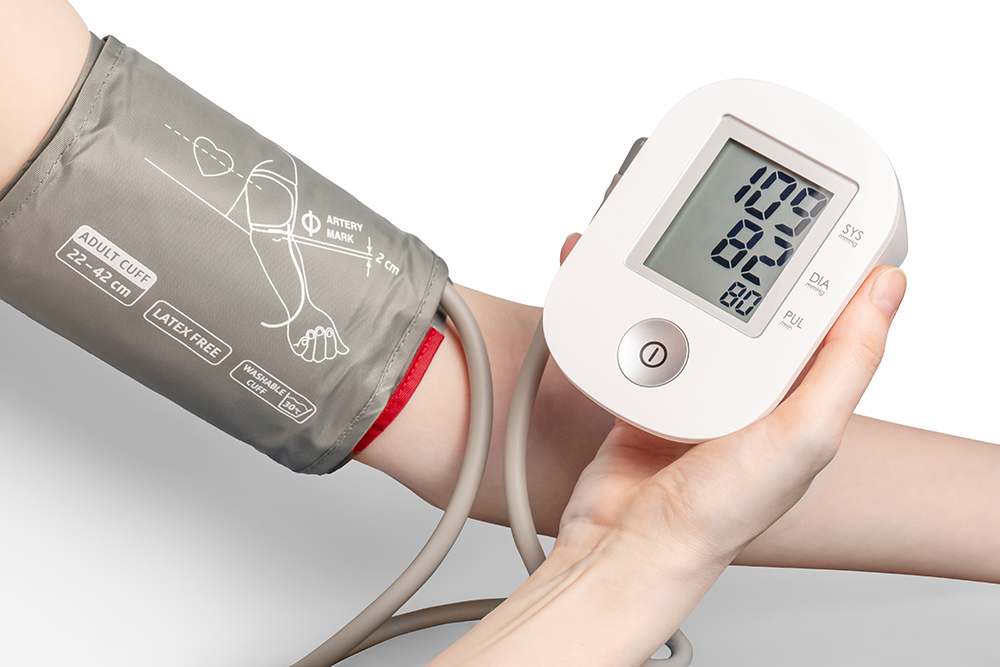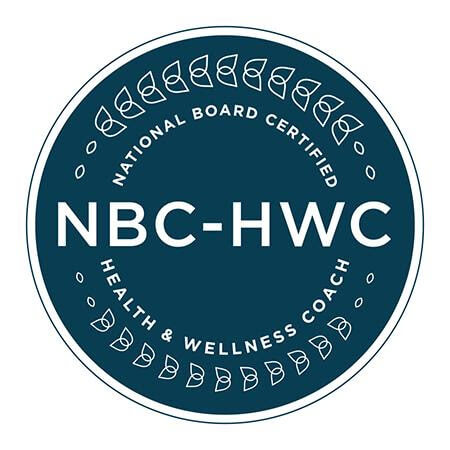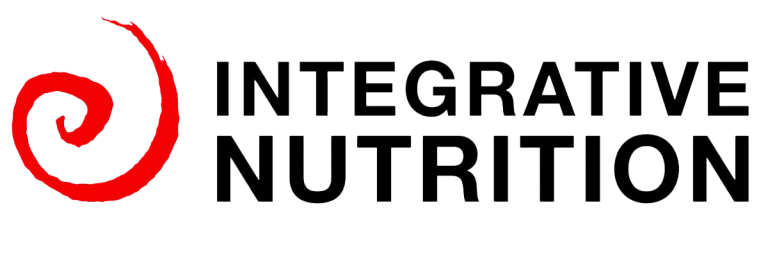What is causing elevated blood pressure and what can you do about it?
- Nadia Kawash
- Blood Pressure
Lately, the topic of elevated blood pressure seems to be popping up in several discussions and the common question that stands out is WHY and HOW did I develop elevated blood pressure?
I thought this would be a great topic to talk about so please share this blog post with those you think may benefit from understanding the root cause of blood pressure from a functional medicine point of view.
Blood pressure is defined as the pressure of blood circulating against the walls of blood vessels. Most of this pressure results from the heart pumping blood through the circulatory system.
Blood pressure is recorded using 2 numbers. Systolic (the higher number) is the force at which your heart pumps blood around your body and diastolic pressure (the lower one) is the resistance to the blood flow in the blood vessel.

Most studies show that a greater risk of stroke and heart disease is related to higher systolic pressure compared with elevated diastolic pressure.
Elevated blood pressure is also responsible for kidney failure, stroke, dementia and heart attack. It is also known as the silent killer. We take it for granted and only get it checked when we go to the doctor’s office for our annual checkup other than that we never get it checked.
In my opinion, this is wrong and it should be checked much more often especially if you are undergoing a stressful situation be it work, emotional or physical stress because it opens your eyes to see where you stand and what immediate changes you need to incorporate to help reduce your BP, such as diet change, gentle exercise, some breathing techniques, hydration or taking some supplements to help lower it or seek medical attention ASAP if it is elevated to 140/80.
Here is an indication of the BP levels
- 140/90 mmHg or higher – red flag
- 120/80 mmHg – problematic not in the clear
- 110/70 mmHg – this is where we would like to be.
- Above 90/60mmHg – is also good.
- Below 90/60mmHg – that would indicate low blood pressure and would require further investigation
What is very important to understand is that medication, although in some cases necessary, is not risk-free and comes along with side effects. It is very unfortunate that mainstream medicine only treats elevated blood pressure with medications to get rid of the symptoms, but it does not look upstream the way functional medicine looks for the root cause of the issue.
You may ask yourself: what causes elevated blood pressure?
- Genetic predisposition could be a factor and should be investigated.
- Our current diet that most of the world now eats is very inflammatory. It is high in sugar, flour, and seed oil (canola, Mazola, vegetable oil, etc). Most animals are fed grains vs grass which are high in omega 6 vs omega 3. We no longer consume a diet high in fiber, fruits, and vegetables. The ratio has shifted from a diet rich in high Omega 3 with lots of fruits and vegetables to a diet high in Omega 6 and processed foods, causing a lot of oxidative damage and stress causing metabolic issues such as elevated blood pressure and insulin resistance.
- Insulin resistance is one area that is overlooked when checking blood pressure. It is a very strong driver of blood pressure. You should always check fasting insulin and the number should always be below 5mIU/L to be in FM optimal reference ranges. If you are above 10mIU/L you are insulin resistant. You will begin to experience some symptoms like weight gain, low energy, and fat accumulated around the organs, especially the liver known as fatty liver because insulin can’t enter the cells and burn the sugar for fuel. The body packs it away and stores it as fat because it does not want that excess sugar roaming around the blood because it is toxic and causes oxidative damage. This excess fat causes inflammation and oxidative stress on the body. Therefore eating a healthy diet packed with vegetables and fruits like dark leafy greens and fibrous vegetables helps lower inflammation by providing raw materials like antioxidants to combat the inflammation in your body.
- Heavy metals are another contributor to BP. In the past few years, it is attracting more attention in the FM world, especially mercury and lead which are found in mercury fillings, and from eating big fish like tuna (for those eating sushi please be aware). It is also found in many pesticides and herbicides that are used in conventional farming vs organic. Lots of toxic chemicals being used in household cleaning products, beauty products, etc. are causing havoc on the health of many people.
- Sleep apnea – people who snore heavily at night should always check their blood pressure often because the blockage of air causes them not to sleep well. Disrupted sleep impacts cortisol which causes blood sugar dysregulation hence weight gain resulting in inflammation leading to type 2 diabetes and insulin resistance down the road if not treated properly. All of those issues may raise blood pressure which can impact heart disease and cause heart attack and or stroke. Wow, that was a handful just from sleep apnea!
- Nutrient deficiencies because of not having rich nutritious soil in which we plant our food or due to some maldigestion and malabsorption issues due to a compromised gut.
- Lack of Mg which is 50% of the population. Magnesium is a muscle relaxant that helps with BP. It is found in dark leafy greens and vegetables. People are not consuming enough fruits and vegetables, 6 portions a day pending on your body size.
- Lack of Omega 3 helps keep the arteries nice and malleable and acts as an anti-inflammatory.
- Lack of exercise – many people are living a sedentary lifestyle. They have no time for exercise. They sit on a chair all day or spend most of their day driving. This is where 10 000 steps a day are mandatory and not a luxury. Always seek the advice of your doctor before embarking on the exercise routine. Start slow and then incorporate weight-bearing exercises.
- Stress – no need to talk much about stress. We all know the impact it has – we automatically feel it when we are stressed. Our heart beats faster, our blood sugar goes up, we become erratic and a loose cannon. This is where stress reduction techniques such as meditation, breathing, tapping and heart math play a big role in helping us calm down and move back into the parasympathetic nervous system mode to help lower our blood pressure. If we don’t learn to shift back and forth between sympathetic and parasympathetic, this will end up causing a lot of inflammation to be built up in our bodies which could lead to elevated blood pressure. That’s why we need to check our blood pressure more often when we feel we are undergoing a lot of stress to make sure we are aware of what we need to change.
As you can see diet, nutrients and lifestyle changes are treatable causes and have a huge impact on lowering blood pressure.
Is Salt a cause of elevated blood pressure?
I got asked this question on my 3-week Autumn cleanse and the answer to this is NO.
Some people are genetically sensitive to salt like the African American population. In this case yes, salt should be avoided or limited, and they should seek advice from their doctor. As for the rest of the population, they should not avoid it but rather reduce it. If we go back to the hunter-gatherer era – they ate a lot of foods high in vegetables and fiber and these were rich in potassium (K) vs salt (NaCl). The ratio used to be 10K: 1NaCl now it is the opposite 1K:10NaCl. Our food is very high in salt vs potassium. This is coming in from all the salt the food companies put in the processed foods they sell us to make them taste nicer. A great book to read is “Salt, Sugar and Fat, how the food giants hooked us”.
Potassium helps lower blood pressure. Increasing your consumption of fruits (be mindful of very sweet fruits, don’t over indulge) and vegetables to 6 servings a day can help lower your BP.
Adding salt at the end of your cooking helps reduce the full amount of salt by 50% and enhances the flavor just before you eat.
Foods rich in potassium:
- spinach
- broccoli
- squash
- avocado
- papaya
- banana
I would recommend you DON’T omit salt from your diet unless you have genetic issues, and I would rather lower your salt intake because it is very important for certain chemical reactions in the body.
I would recommend:
- Himalayan sea salt because it has other mixed minerals with it.
- Iodized salt that contains iodine is very important for thyroid function. Check with your doctor if you have thyroid issues. People with goiters usually develop them because of an iodine deficiency, therefore, alternating your salts could be good for you.
- Seaweed is a great source of natural iodine. So are kelp noodles and kelp salts. I watched and learned from my Japanese friend how she used to give her 2-year-old child a full nori sheet as a snack to provide her daughter with the necessary iodine because we lived in Yanbu – Saudi Arabia at that time where we did not have access to an oriental supermarket and it was part of the Japanese daily diet.
- Redmond salt is also a very good alternative.
The key takeaway from this blog post on how to lower blood pressure
- Search for where you may be having systemic inflammation in your body to help lower oxidative damage which will drive blood pressure and work on lowering it.
- Work on your diet and clean it out of processed foods – these are anything that comes in a package that human beings have had input in making it. Reduce eating flour, seed oils, fried and sugar. This will help reduce blood sugar which is a driver for insulin resistance which triggers elevated blood pressure. Write down what you are eating, and you will see how much processed foods you eat without realizing it, even though it may be healthy from your point of view. (Pay attention to the quantity) e.g., sandwiches, cakes, pastries, bread, flour in any form – cookies, etc.
- Consume at least 6 servings of fruit and vegetables combined. 3 leafy greens + 3 fruits low glycemic+ 3 fiber-rich vegetables. This depends on your size as well. Make a note of how much you consume. You will realize you don’t eat half that amount.
- Stay away from fruit juices and soda.
- Eat healthy fats to help keep you satiated and full. Increase your omega 3, olive and coconut oil, olives, nuts, seeds and avocado
- Eat grass-fed, organic and wild-caught fish whenever possible and small vs large fish to avoid mercury. Consume lots of salmon, sardines, mackerel, herring and anchovies.
- Begin your day eating a meal rich in protein, fat and veggies (eggs, bacon, sausages, smoked salmon, leafy greens, protein shake, or green smoothie rather than croissants, bagels, pancakes, muffins, French toast and oatmeal. The latter are all refined and break down easily into sugar.
- Reduce alcohol intake– stay away from sugary cocktails.
- Keep a 3-hour window of not eating before bed.
- Make sure to hydrate very well.
- Reduce stress as much as possible through low-impact exercise, meditation, and stress relief activities.
As you see the list, I mentioned above, is nothing new from what I keep on talking about. Every single metabolic disease seems to stem from the same root cause, but we tackle it differently depending on the diagnosis. Diet, lifestyle, and stress reduction are key components of a healthy life.
Elevated blood pressure is a treatable condition that may develop into a more significant issue like Cardiovascular Disease. What is important is to always get a routine checkup to catch it early.
“BP is not a natural condition of being human rather it is a byproduct of our modern unhealthy diet” Dr. Mark Hyman.
Lifestyle and environmental chemicals seem to drive inflammation which drives oxidative stress and affects blood pressure.
If after following everything mentioned above and you’re still having blood pressure issues, then using medication to help lower it may be something to consider. Medication is a temporary solution. You must always look for the root cause and treat it before it manifests into something else.
The benefit of following a healthy diet and lifestyle along with medication will result in you taking a much lower dosage because as mentioned earlier, medications still have some serious downstream effects on your body and may block certain chemical pathways that may manifest in some other health issues which you want to avoid. Prioritizing your health through the diet may at first be difficult but your body will thank you later.
Always looking out for you in health,
Small Changes for a healthier “U”







